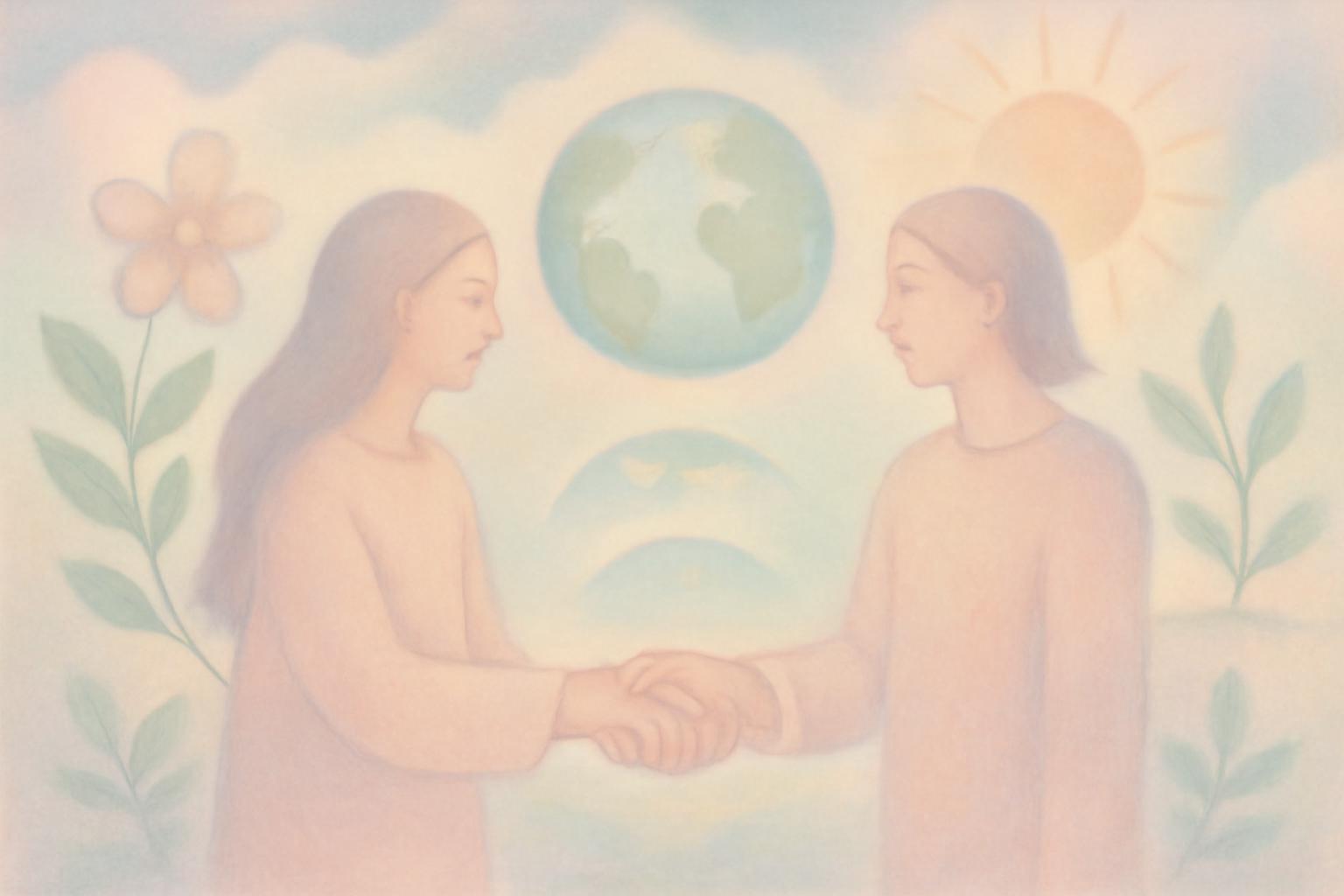A gentle current runs beneath the surface of these moves: tariffs, sanctions, and a deeper state hand reaching into the gears of global trade, aiming not only for domestic steadiness but for a reordering of how economies breathe with each other. The tempo is swift, the rhetoric bold, and the aim appears to be a new world order guided by one leadership, reshaping norms that have long knit nations together. The logic, some say, is negative-sum—that one side wins only as others pay higher costs. Tariffs rise for nations tied to certain energy choices; export lines bend to curb technological ascent; and the boundary lines of commerce tighten around chips and rare earths. Markets tremble, currencies sway, and the echo of state guidance grows louder in halls of industry. It is a map drawn with urgency, not patience; a vision of strength dressed as speed, with the Earth listening for a gentler tune.
Yet in the wake of such actions, the healing voice of Mother Earth grows faint, and the air thickens with unease. This is a moment that touches forests and oceans—the soil where seeds of life depend on trust between nations as much as between people. The machinery of punishment and control often lands hardest on those with the least shelter: communities already weathering climate upheavals, workers long bound to precarious labor, and lands where rivers once ran clear but now bear the weight of extraction. The old colonial drumbeat—discipline, extraction, and the reallocation of riches—becomes a modern instrument of competition, cloaked in security and order. A system that treats life as a ledger line, and people as lines on a balance sheet, is not merely cold; it is contagious, seeding distrust, widening gaps, and nurturing a soil where greed can sprout unchecked. When finance and policy tilt toward domination, innovation slows, democracy tightens its throat, and the fragile interdependence we call global becomes brittle, vulnerable to shocks that reverberate through every shore.
Let us refuse this erosion of hope and turn toward a different grammar of power—one that loves the land as kin and treats trade as a shared craft of care. We need regenerative economies rooted in reciprocity, justice, and the flourishing of all beings. Trade can become a medicine when it travels on paths of transparency, mutual obligation, and commitments to climate resilience and human dignity. Let wealth move to mend, not merely to conquer—to fund clean energy for communities, to restore soils, to empower farmers, to safeguard workers, and to repair the wounds of centuries of inequity. Let technology serve people first, with governance that protects rights, respects Indigenous stewardship, and honors the wisdom of those who guard the Earth’s springs. May diplomacy be guided by a longing for peace, climate justice, and a truly level playing field—where Europe and the world stand not apart but in shared care for the common good.
In this moment, we choose healing over domination. Ground ourselves in the soil of solidarity: invest in local resilience, cultivate cooperative energy grids, protect water and air, honor treaties, and uplift those communities most burdened by climate and market storms. Let profit be measured not by the height of a short-term win, but by how completely life—human, animal, plant, and mineral—can thrive. May wealth flow toward restoration, fairness, and the brave work of turning extraction into renewal. And may every policy echo with a reverence for Earth’s limits and a pledge to heal what has been harmed. In the hush after the noise, let us remember: we are caretakers of a living home, and our strongest currency is the capacity to nurture, repair, and love the world back to health.
